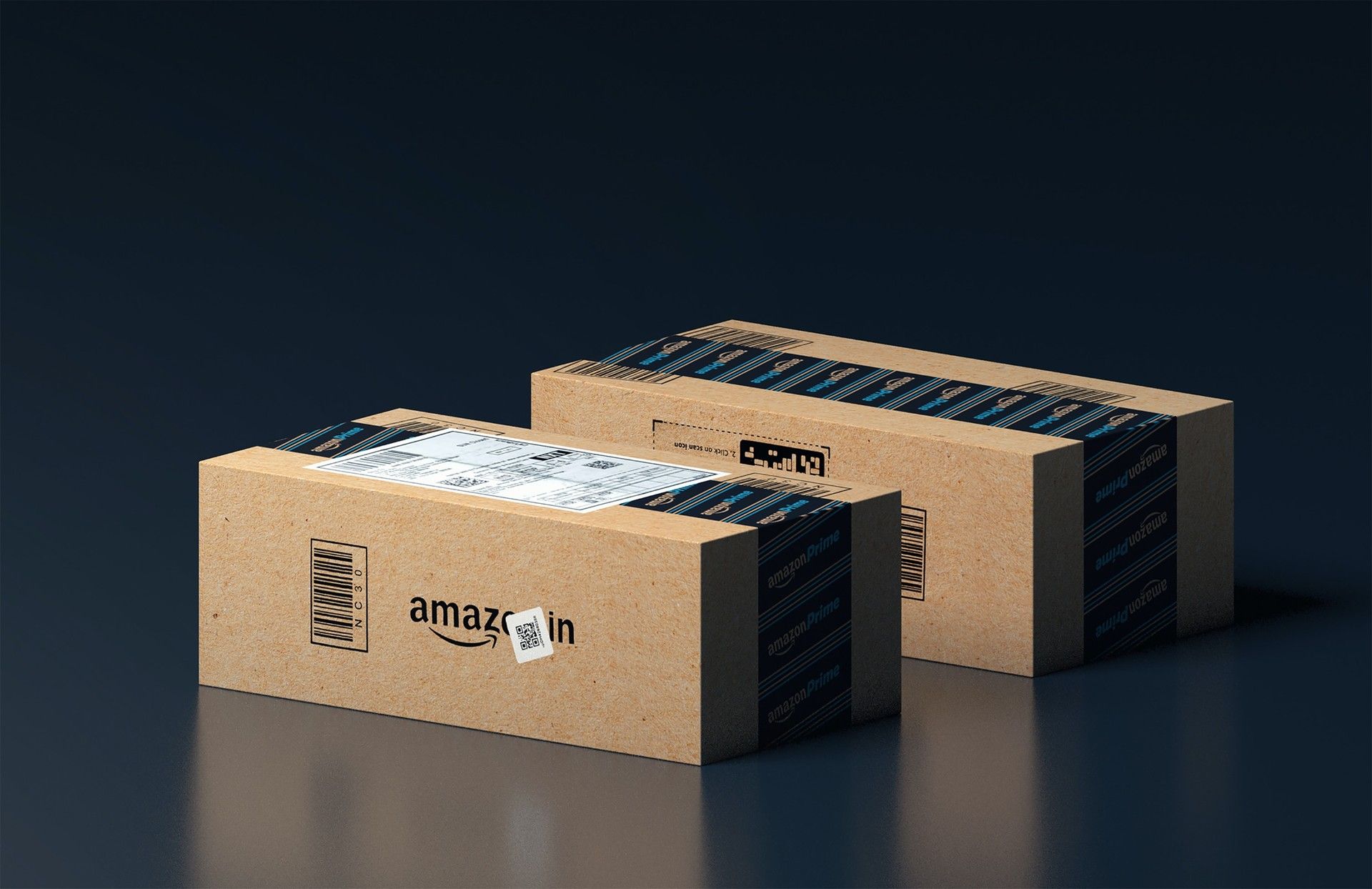The internet is filled with lots of information, and this information is not accessible on the internet until the end of time thanks to data deprecation.
When we use the internet, we leave a trail of data behind us. This data tells a story about us – what we like, what we do, and how we behave online. That’s why companies love collecting this data as it helps them understand their customers better. They can use it to show us personalized ads and make their products or services more appealing to us. It’s like they’re trying to get to know us so they can offer us things we’re interested in.
But there’s a problem. Sometimes our data is not kept private, and it can be misused. We might not even know what companies are doing with our information. This has made people worried about their privacy and how their data is being handled.
To address these concerns, a concept called data deprecation has come up. Data deprecation means putting limits on how companies can use our data for advertising. It includes things like restricting the use of cookies, which are small files that track our online activities, and making sure companies get our permission before collecting and using our data.

Data deprecation affects everyone – companies, individuals like us, and even the people who make the rules about data privacy. It’s about finding a balance between using data to improve our online experiences and making sure our privacy is respected.
As a result, companies need to rethink how they collect and use our data. They have to be more transparent about what they’re doing and give us more control over our information. It’s all about treating our data with care and making sure we feel comfortable using the internet.
What is data deprecation?
Data deprecation means restricting how advertisers can use platforms to show ads. It’s mainly about limits set by web browsers and operating systems, like changes to cookies or mobile ad IDs.
But it’s not just that. It also includes actions taken by individuals to protect their privacy, as well as closed data systems like Google or Amazon.
Data deprecation is also influenced by privacy laws such as GDPR and ePrivacy, which affect how advertisers can track and store user data in different parts of the world.
To understand the impact of data deprecation better, let’s break it down and look at each aspect separately.
There are restrictions
The main part of data deprecation is about the restrictions imposed by operating systems and web browsers. One of the things being restricted is the use of third-party cookies. But what are they?
Third-party cookies are little trackers that websites put on your browser to collect data for someone other than the website owner. These cookies are often used by ad networks to track your online actions and show you targeted ads later on.
A study found that around 80% of US marketers rely on third-party cookies for digital advertising. However, these cookies will be restricted soon, and other methods that require your consent will be used instead.
Similar restrictions will also apply to mobile ad IDs. The Identifier for Advertisers (IDFA), which provides detailed data for mobile advertising, will also be phased out.
Moreover, the growing popularity of privacy-focused web browsers will have a big impact on how marketers target users based on their identities. More and more people are choosing to block third-party cookies and prevent the collection of their sensitive data, making privacy a top priority.

Privacy is a growing concern
According to a study conducted in January 2021, around 66% of adults worldwide believe that tech companies have excessive control over their personal data.
To counter this control, individuals are taking privacy measures such as using ad blockers or regularly clearing their web browser history. These actions aim to reduce the influence that tech companies and other businesses have over personal data, and they contribute to the overall impact of data deprecation.
There is a growing emphasis on customer consent and choice in the digital landscape. Users are increasingly opting out of allowing their data to be stored and tracked by third parties. This shift is happening at much higher rates than ever before. While the vast amount of data generated by online users can be beneficial for advertising, it also places a significant responsibility on data managers.
Unfortunately, data managers have often failed to meet this responsibility in the past. Personally identifiable information, which includes sensitive data, deserves special attention. Numerous consumer data breaches in recent years and the reporting of cyber incidents as a significant risk by 43% of large enterprise businesses have heightened consumer concerns about how their data is stored, used, and shared.
As a result of these factors, we are now witnessing changes that prioritize consent management. Brands that currently rely on third-party tracking data will need to seek alternative solutions to adapt and survive in the post-cookie era.

We are also “protected” by law
In addition to individual users taking steps to protect their privacy, countries worldwide have enacted data protection and privacy laws, such as the General Data Protection Regulation (GDPR) and the California Privacy Rights Act (CPRA).
These laws require all companies to comply with the new regulations, which means businesses globally must ensure their data privacy practices meet the standards to avoid significant fines or legal consequences.
For instance, GDPR was implemented in 2018 across the EU and EEA region. It grants citizens greater control over their personal data and provides increased assurances of data protection.
GDPR applies to all businesses operating in the EU, and affected businesses are advised to appoint a data protection officer to ensure compliance with the rigorous standards.
Google class action lawsuit claim: Get your share
Similar regulations have been enacted in various parts of the world, and brands need to ensure they comply with the new data protection laws, even if it means limited access to valuable online identity data.
Interestingly, Epsilon reports that 69% of US marketers believe that the elimination of third-party cookies and the Identifier for Advertisers (IDFA) will have a more significant impact compared to regulations like GDPR or the California Consumer Privacy Act (CCPA).
What are the causes of data deprecation?
Data deprecation occurs due to various factors. One major reason is people’s growing concerns about their privacy. They want more control over how their personal information is used by companies.
In addition, new regulations have been introduced. These rules, such as GDPR and CCPA, require businesses to handle data more responsibly and give users greater rights.
Changes made by web browsers and operating systems also play a role. They are putting restrictions on things like third-party cookies and tracking technology, which impacts how companies collect data.
Furthermore, individuals are taking action to safeguard their privacy. They use tools like ad blockers or regularly clear their browsing history to limit data tracking.
The market is also evolving. Consumers now value privacy more, and businesses need to adapt to meet their expectations.
Lastly, data breaches and security concerns have raised awareness about the risks associated with personal data. This puts pressure on companies to enhance data security measures and demonstrate responsible data management practices.

When to expect data deprecation?
Data deprecation doesn’t follow a set schedule. It can happen at different times depending on various factors.
Changes in web browsers and operating systems are already occurring. They’re limiting third-party cookies and tracking technologies, which means data deprecation might already be taking place.
Data protection and privacy regulations like GDPR and CCPA have specific deadlines for compliance. Companies must adapt their data practices within those timeframes.
Different industries and businesses will adopt data deprecation at their own pace. Some may be quicker than others due to competition, customer demands, and industry-specific considerations.
User behavior and preferences also influence data deprecation. As people become more aware of privacy issues, they may take steps to protect their data. This can accelerate the overall process.
Is there a way to counter data deprecation for your company?
It can seem overwhelming and unsettling, can’t it? Until recently, brands had easy access to consumer data, using it with varying degrees of caution. But things have changed. Consumers now recognize the value of their personal data and are determined to protect it.

So, what’s the next step? How can brands establish a relationship with their audience that respects privacy and complies with regulations?
Here are four actions to navigate data deprecation with confidence:
- Evaluate your current data collection strategy: Take a close look at the data you’re collecting. Are you utilizing all of it effectively? Is your data well-organized or scattered across different systems? Consider your integrations with solution providers in your marketing technology stack. Ask yourself these important questions about your organization.
- Ensure compliance with data privacy: Are you obtaining explicit consent from your audience to collect and use their data? Do they understand how their data is stored and utilized? Remember, third-party data will soon become obsolete, so it’s crucial to align your strategy with a privacy-first approach.
- Emphasize first-party and zero-party data: These types of data are invaluable in the context of data deprecation. By collecting first-party and zero-party data, brands can have consented and actionable data at their disposal. Consumers willingly share their data with trusted brands to improve their brand experience. They no longer want irrelevant messages but desire targeted and personalized communication. Consider the advantages of a virtual call center to enhance communication retention.
- Explore innovative data collection methods: Experiment with interactive marketing and interaction-based loyalty programs. These approaches help you gain a deeper understanding of your audience’s needs and expectations. By doing so, you can provide personalized experiences, reward them for engaging with your brand, and offer relevant content.
Remember, adapting to data deprecation is about building trust, respecting privacy, and delivering tailored experiences to your audience. It may feel challenging at first, but by taking these proactive steps, brands can forge stronger connections with their customers while staying compliant with evolving data regulations.
Featured image: Photo by Jason Dent on Unsplash.





